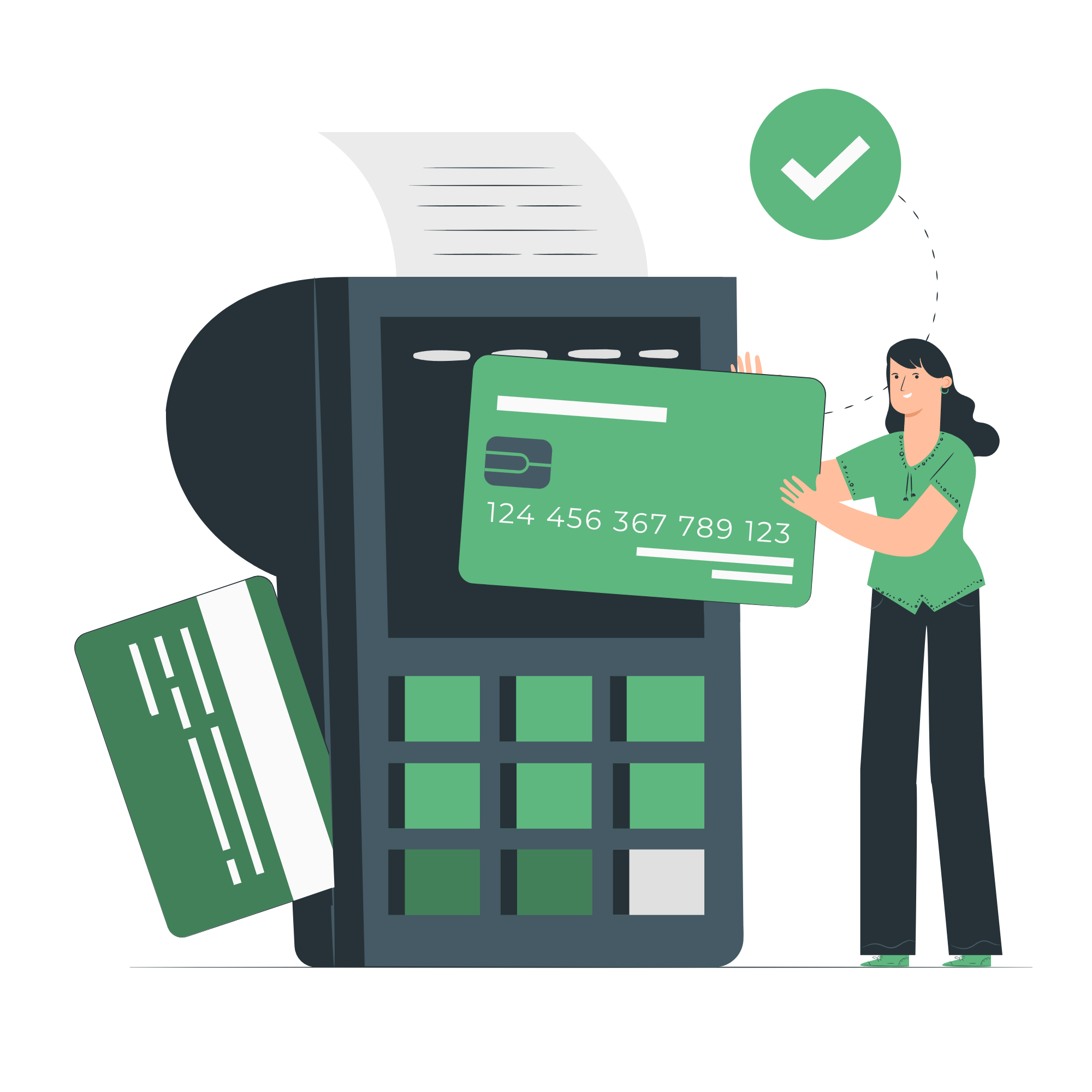Everything you need to know about Finances
Maximize Your Investments with Our Essential Financial News
Discover how to boost your investments and make informed decisions with the latest financial news on our website. Stay updated with valuable insights on market trends, expert analysis, and insider tips. Don’t let uncertainty hold you back from achieving your financial goals. Join us and empower yourself to maximize your investments and secure a solid financial future.Know More About Finances
